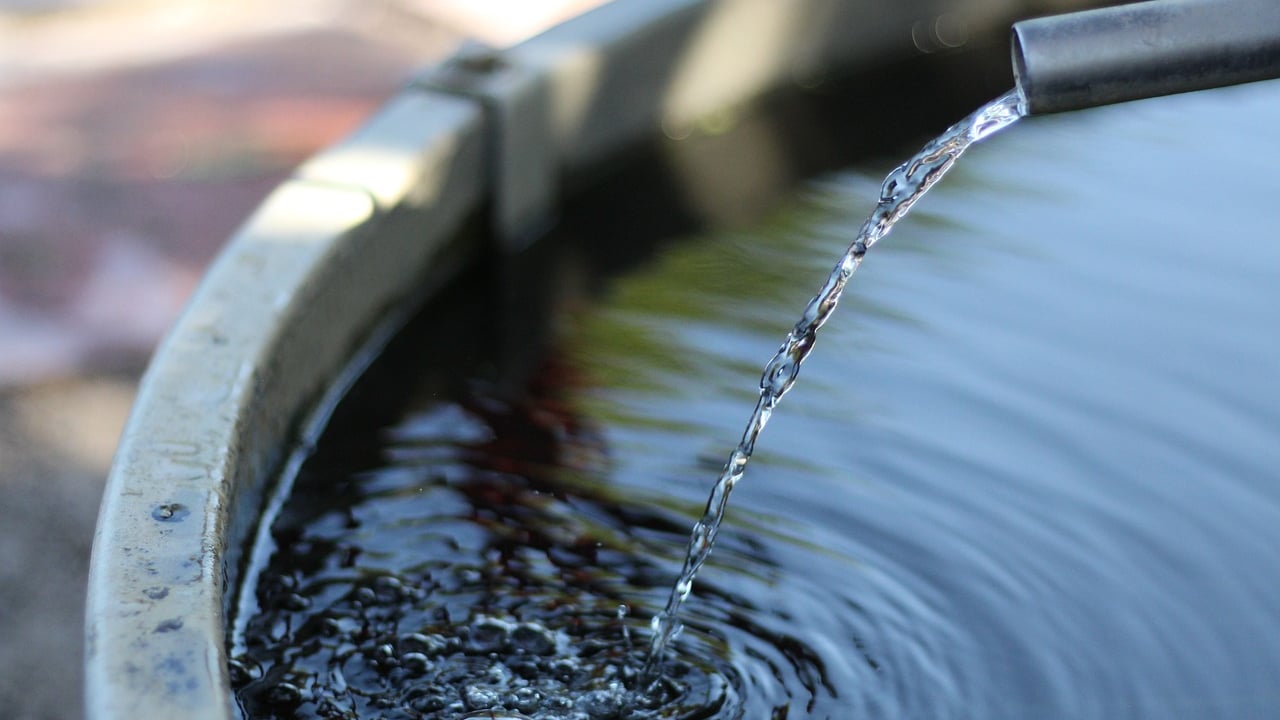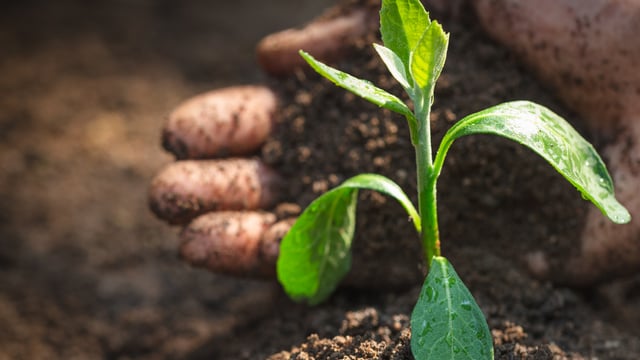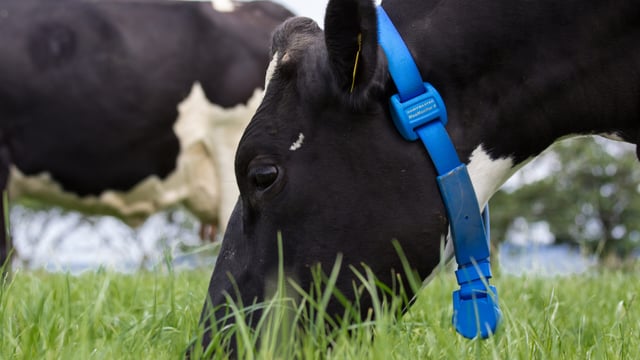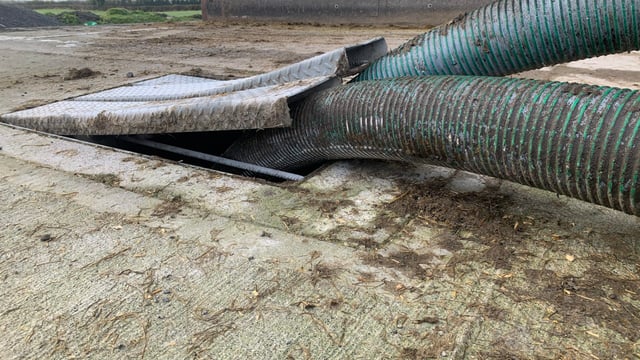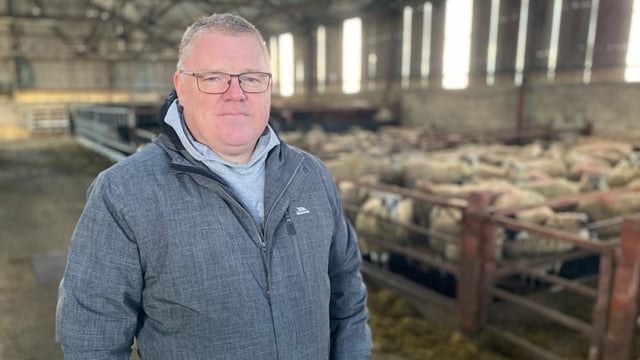Find out why farmers received water 'warnings' in 2024
There is more focus on water quality than ever in Ireland and farmers are being urged to follow the rules and protect the important resource.
Evidence points to successful convictions for agricultural pollution of waters and other breaches of legislation continuing to be secured.
Inland Fisheries Ireland (IFI) has revealed that in 2024, IFI officers carried out 2,736 investigations in agricultural and rural settings to identify environmental risks or active pollution incidents.
Last year, the IFI said the number of agricultural environmental cases concluded was six; while the number initiated that year was five.
In the same year, 66 warning letters were issued.
"A warning letter from IFI typically serves as a formal notice to individuals or entities regarding potential breaches of fisheries legislation - eg. (Fisheries Consolidation Act, 1959), the Local Government (Water Pollution) Act, 1977 and 1990, or the EU GAP regulations (Good Agricultural Practice for Protection of Waters) Regulations 2022," IFI said.
"Warning letters outline measures that must be taken by the person to prevent or control the pollution of the waters concerned - and that there may be further enforcement action taken if measures aren’t executed to remediate or prevent water pollution.
"It is an offence to cause or permit any polluting matter to enter watercourses.
"Farmers and contractors are also asked to contact their local IFI office before carrying out works in or near any watercourses."
The IFI outlined some of the most common issues found in its agriculture investigations:
- Silage effluent entering watercourses;
- Gravel removal, habitat damage, or removal of riparian vegetation;
- Soiled water run-off from yards into watercourses;
- Poor farmyard management – clean and soiled water management;
- Poor slurry and silage effluent management;
- Inappropriate slurry spreading such as out-of-season slurry spreading, spreading in poor weather conditions, or spreading too near to watercourses.
Water quality a focus of conference
However, there are certainly many farmers across the country who are working hard to protect and improve water quality and a number of initiatives they are involved in were highlighted at a conference in Co. Galway this week.
The Environmental Protection Agency (EPA) two-day Water Conference featured a range of speakers who shared their knowledge on protecting and improving water quality in Ireland.
Professor Mary Ryan, environmental economics research, Teagasc, told the conference of how researchers in the WaterMARKE project have investigated how the complementary use of research and knowledge exchange can result in greater uptake of farm level water quality mitigation measures.
A key part of the WaterMARKE project was working with the Agricultural Sustainability Support and Advisory Programme (ASSAP) to investigate how farmers and advisors engage with water quality improvement measures.
Prof. Ryan said the project's findings highlight that while farmers are generally motivated to improve water quality, there are barriers such as costs, resources and knowledge for some to implement measures.
Those farmers who have awareness of and familiarity with measures and live in areas where others have implemented a measure may believe they have capacity to also implement it.
Those with largers farms, or who have participated in an agri-environmental scheme, may be more likely to undertake measures too.
Farming
Teagasc director of research Pat Dillon spoke about the Better Farming for Water campaign, which is a programme launched in May 2024 that he is "very optimistic" can deliver.
Teagasc and its partners in the campaign are asking farmers to look at "8-Actions for Change" and to select the ones that are most appropriate for their farm.
These actions include: reducing purchased nitrogen and phosphorus surplus per hectare; ensuring application of fertiliser and organic manure at appropriate times and conditions; and fencing off watercourses to prevent bovine access.
Another key action is having sufficient slurry and soiled water storage capacity.
Dillon highlighted that preliminary findings from the Teagasc National Slurry Storage Monitoring Programme indicate a requirement of 0.41m3 per cow per week, equating to an increase requirement of around 20% from the current requirement.
Dillon also stressed that point source pollution from farmyards and roadways can be a significant source of nutrients and sediment to water, with preliminary Teagasc monitoring also indicating 20 to 40 litres per cow per week are entering storage tanks.
He told the conference that, overall, water quality in Ireland is good - but there are "significant" opportunities to improve.
He recommended that a river catchment approach for change is preferable as it will target specific mitigation, "taking cognisance of current ecological status, known pressures and farm management practices".

